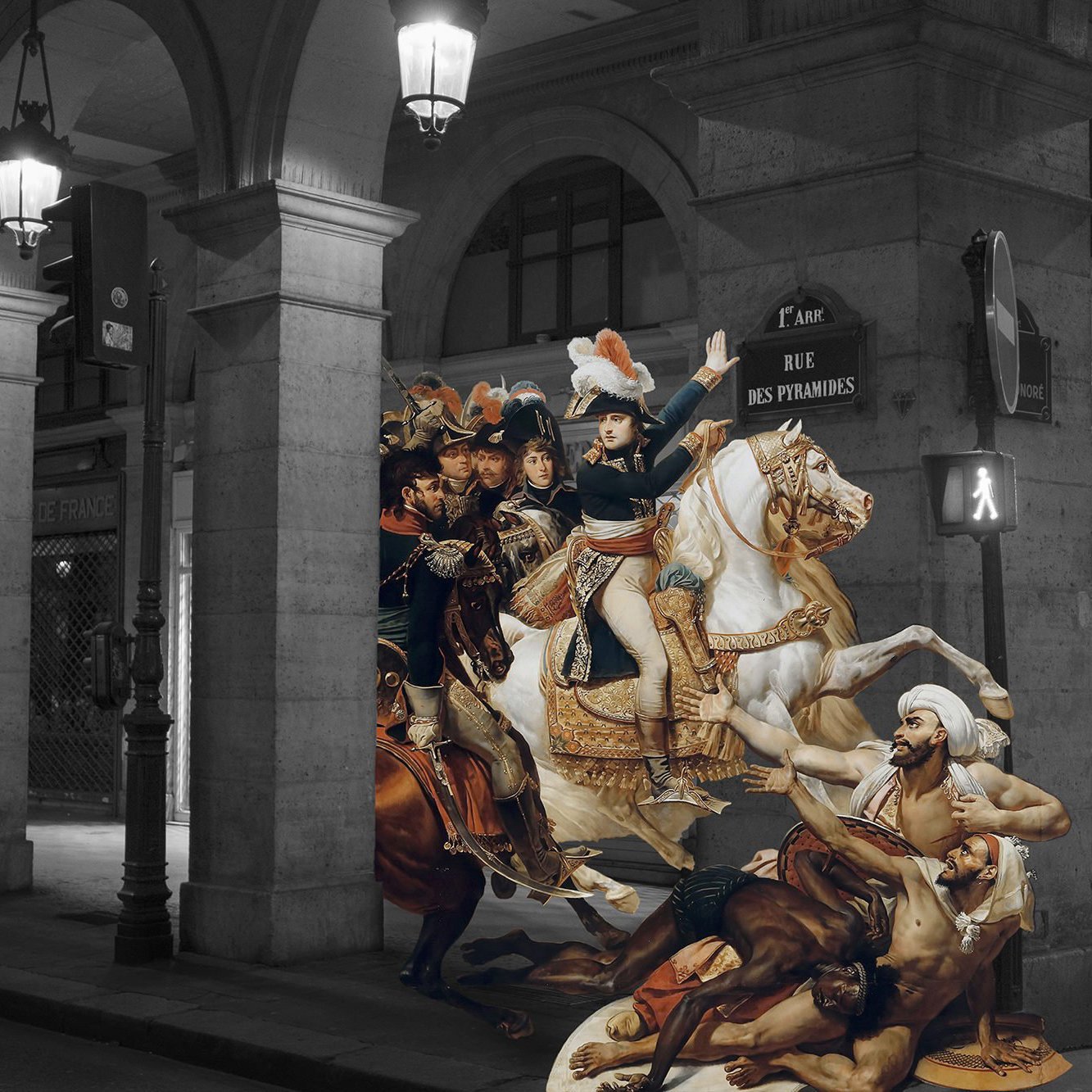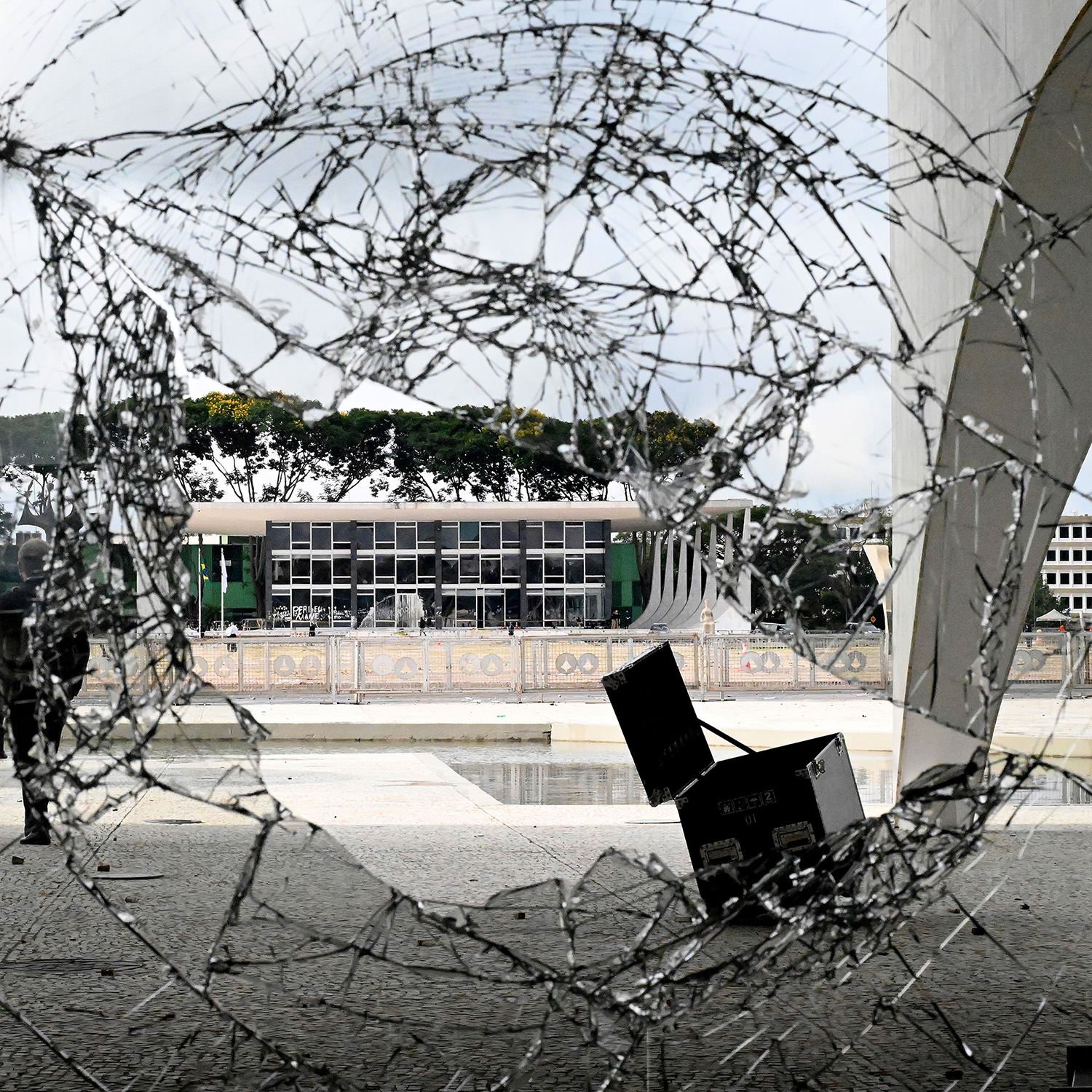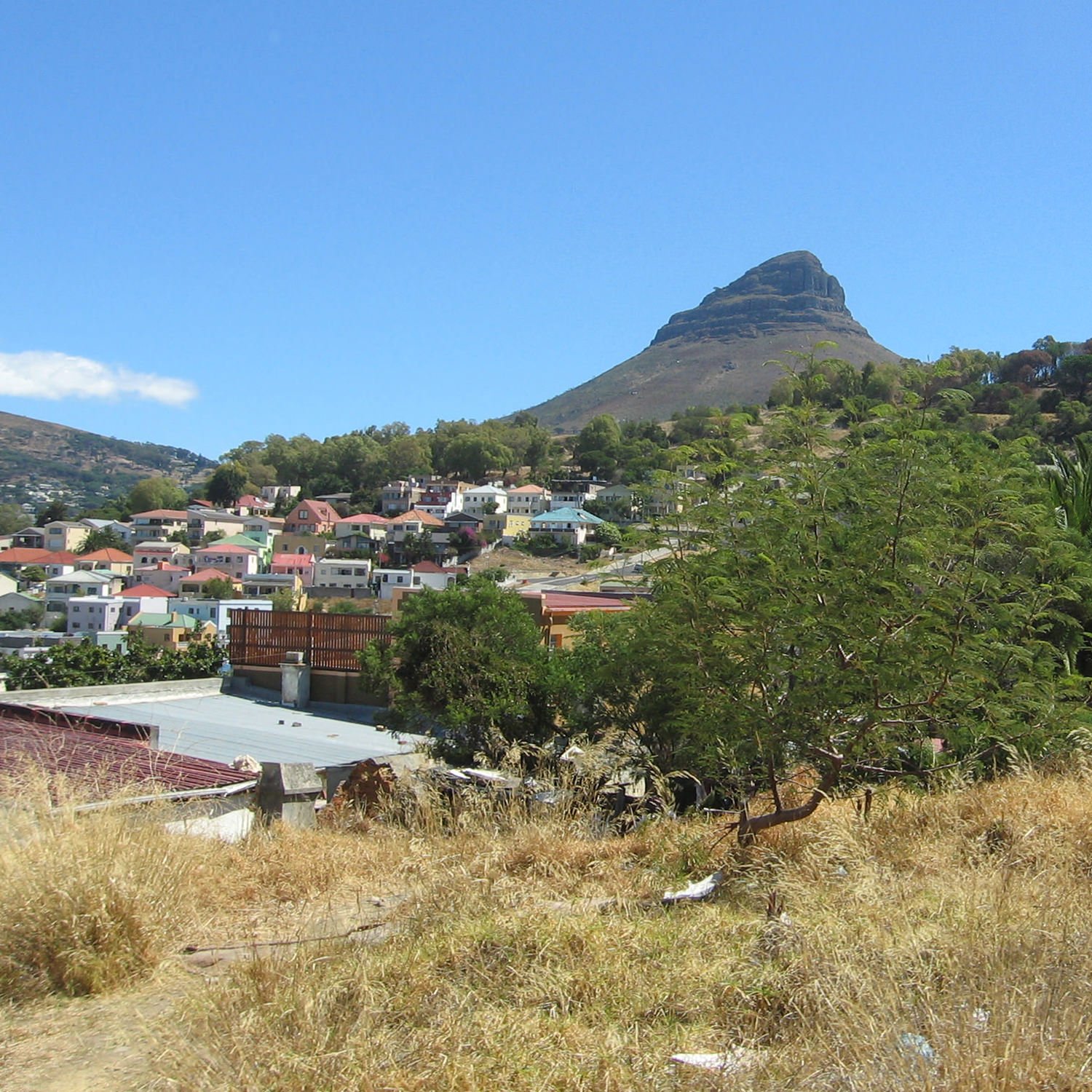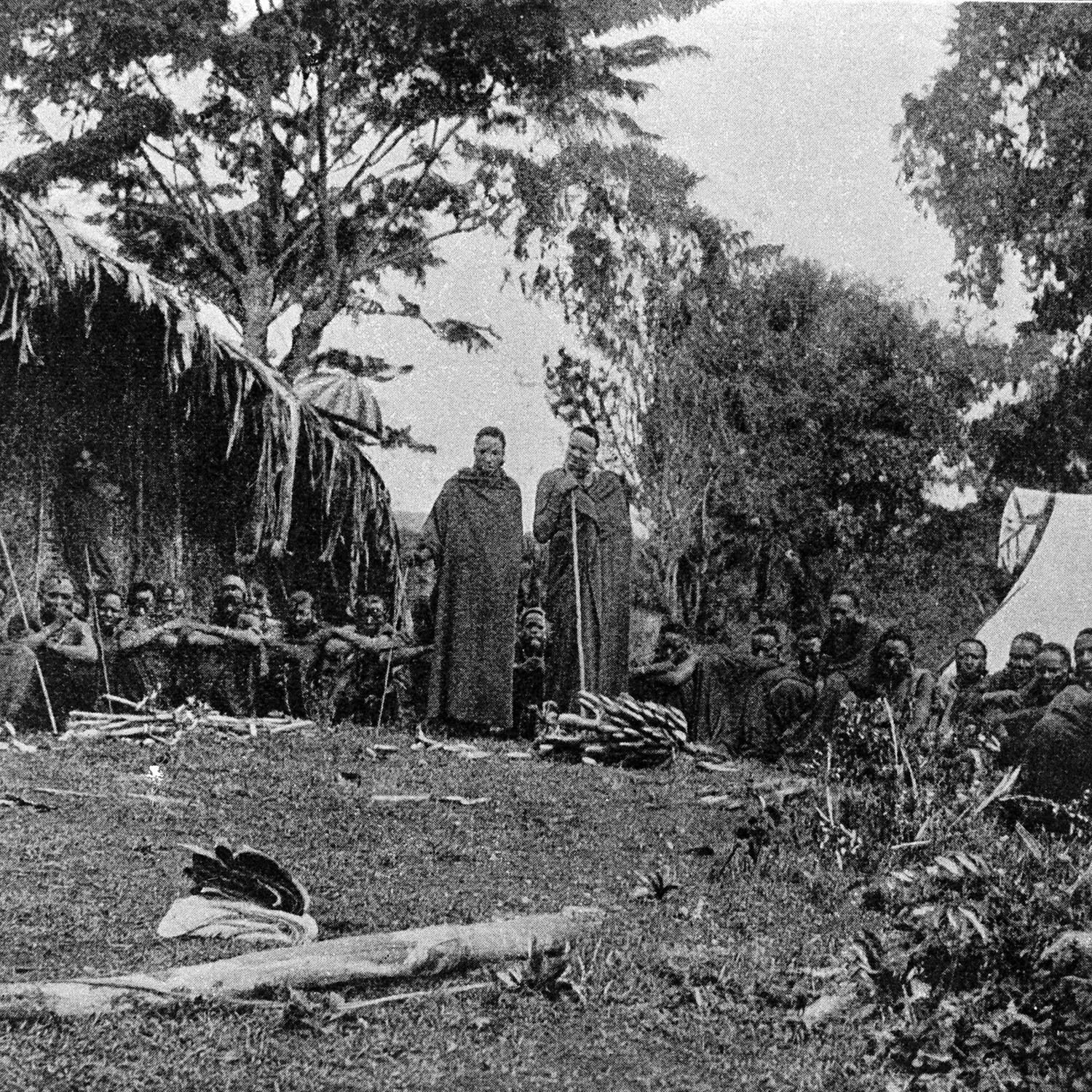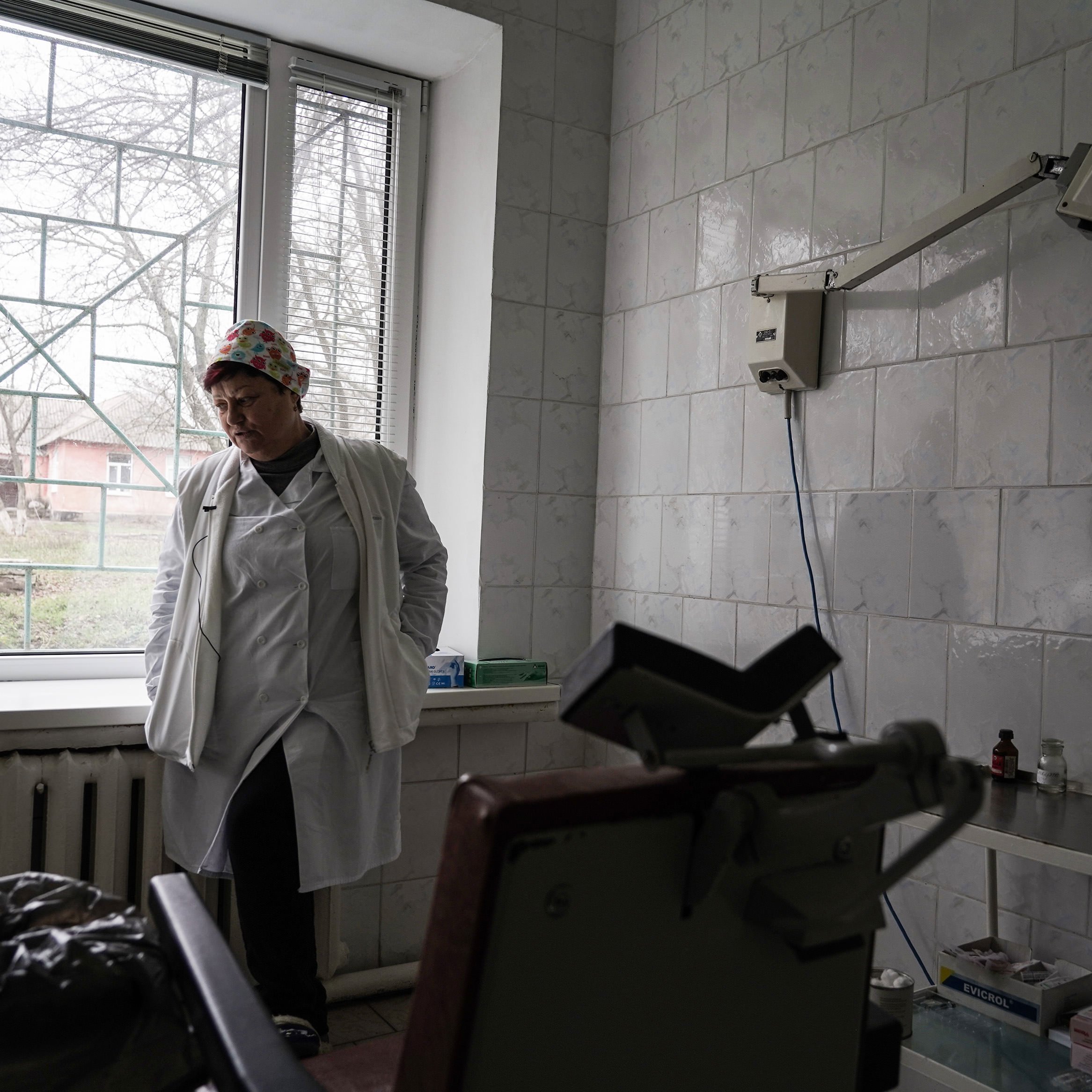ISSUE 3: REPARATION
✺
ISSUE 3: REPARATION ✺
-
The legal meaning of “reparation” comes to us from a 1928 case heard at the Permanent Court of International Justice, The Factory at Chorzów, Germany v. Poland. The majority judgment defined reparation as an act which “must as far as possible wipe out all the consequences of the illegal act and re-establish the situation which would, in all probability, have existed if that act had not been committed.” The grammar of this sentence suggests that the judges understood that the “wiping out” of the unjust past could never be total; they acknowledged that the act of reparation could only undo the harms done “as far as possible.”
This issue investigates what “reparation” looks like in the 21st century. From Cairo, Youssef Rakha reads the novels of Sonallah Ibrahim and asks why the question of restitution so rarely comes up in Egyptian politics. In Berlin, Caitlin Chandler reports on the ongoing effort to repatriate stolen human remains to the tribes of Kilimanjaro. In Ukraine, survivors of Russian attacks dream of the reparations still to come.
The reporting, essays, and literature in this issue each approach the question of “reparation” from a unique angle, querying what it means to repair, restitute, and “make whole” again. Later in the month, we will publish pieces on the bitter aftermath of South Africa’s land reparations program, the legacy of the 1952 German-Israeli reparations negotiations, and what life looks like after the ousting of Brazilian President Jair Bolsonaro. In a reflective essay, Sir Hilary Beckles, chairman of the Reparation Committee for the Caribbean Community, argues that it is no longer a question of whether reparations will be paid for slavery, but when, how, and by whom.
Thank you for reading the world’s little magazine!
— Madeleine, Linda, and The Dial team
P.S. We’d love to hear what you make of this issue. Email us at editors@thedial.world.


What Happened at Wassenaar?
As calls for reparations gain momentum, public attention has turned back to the 1952 German-Israeli Holocaust negotiations.
